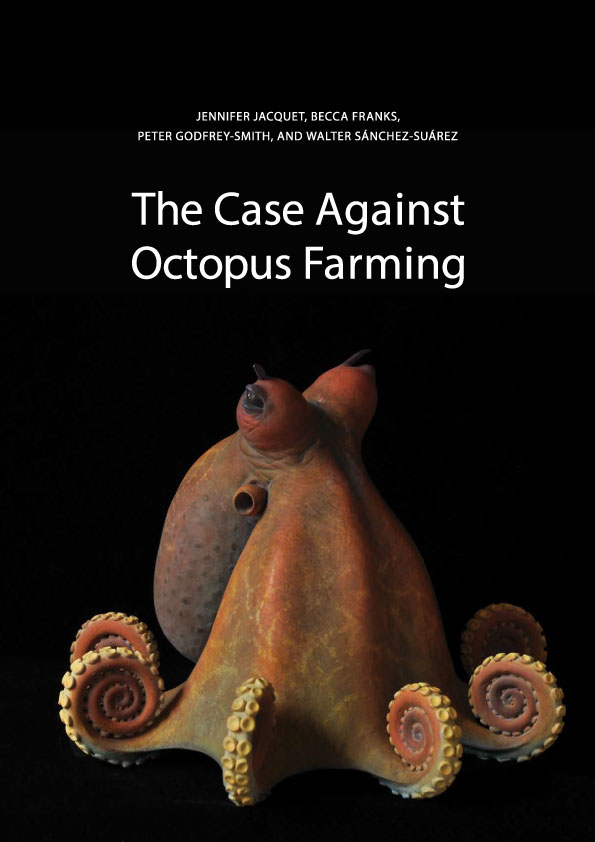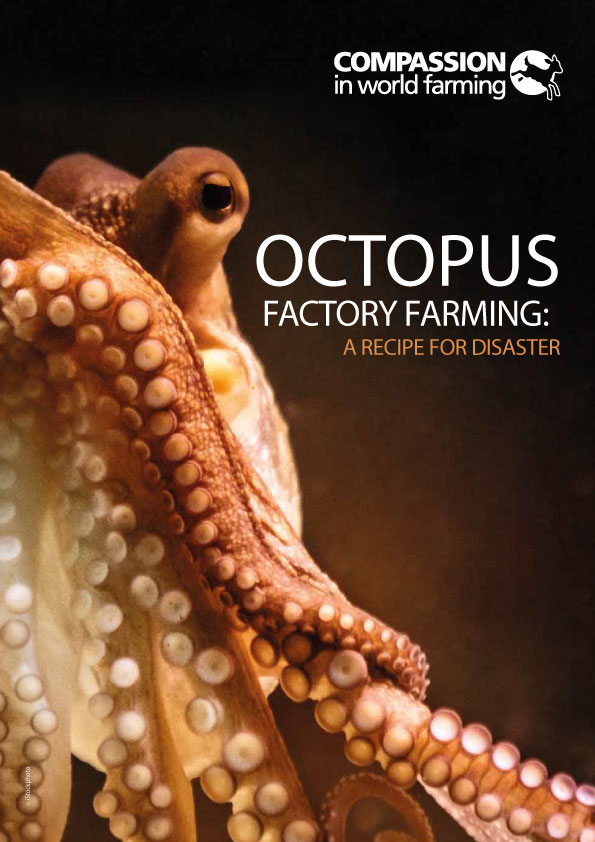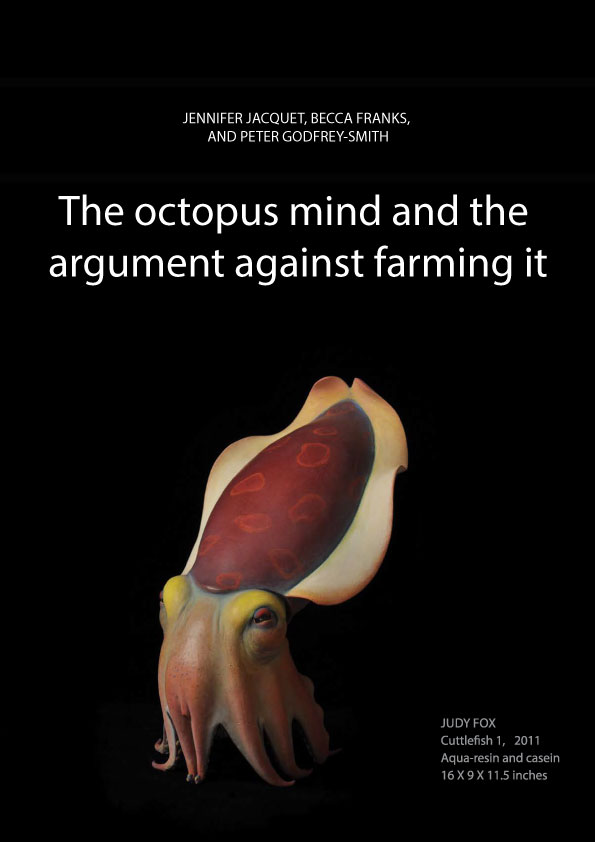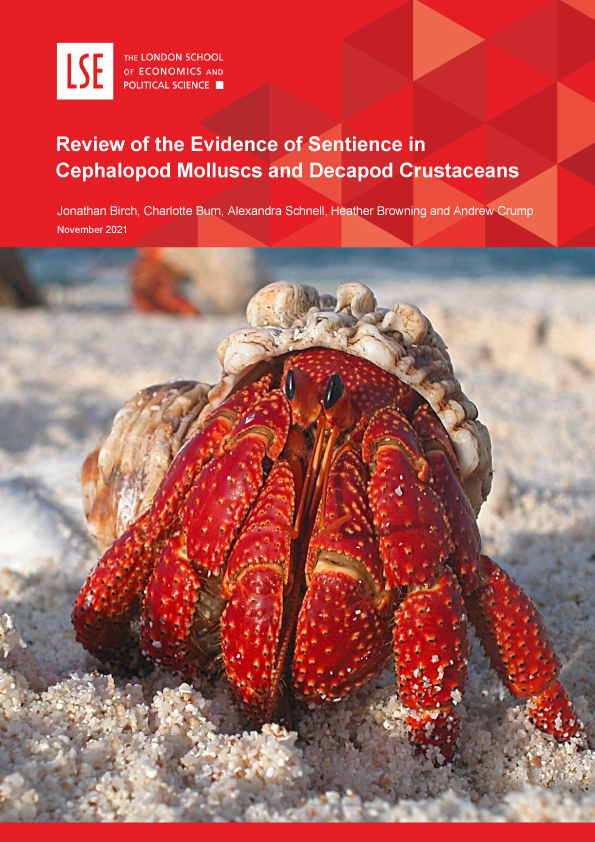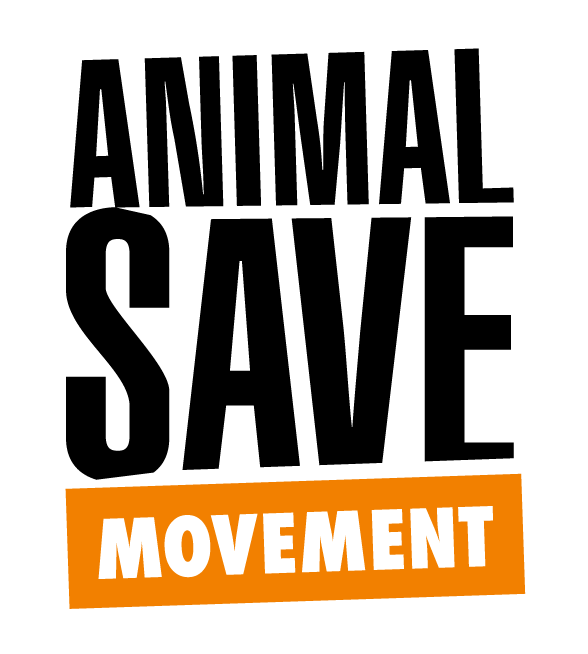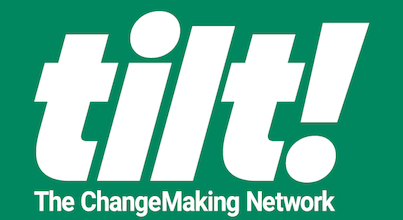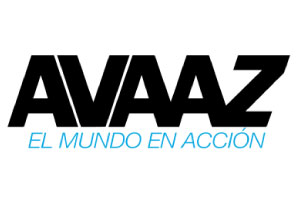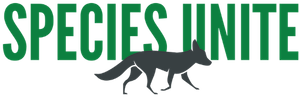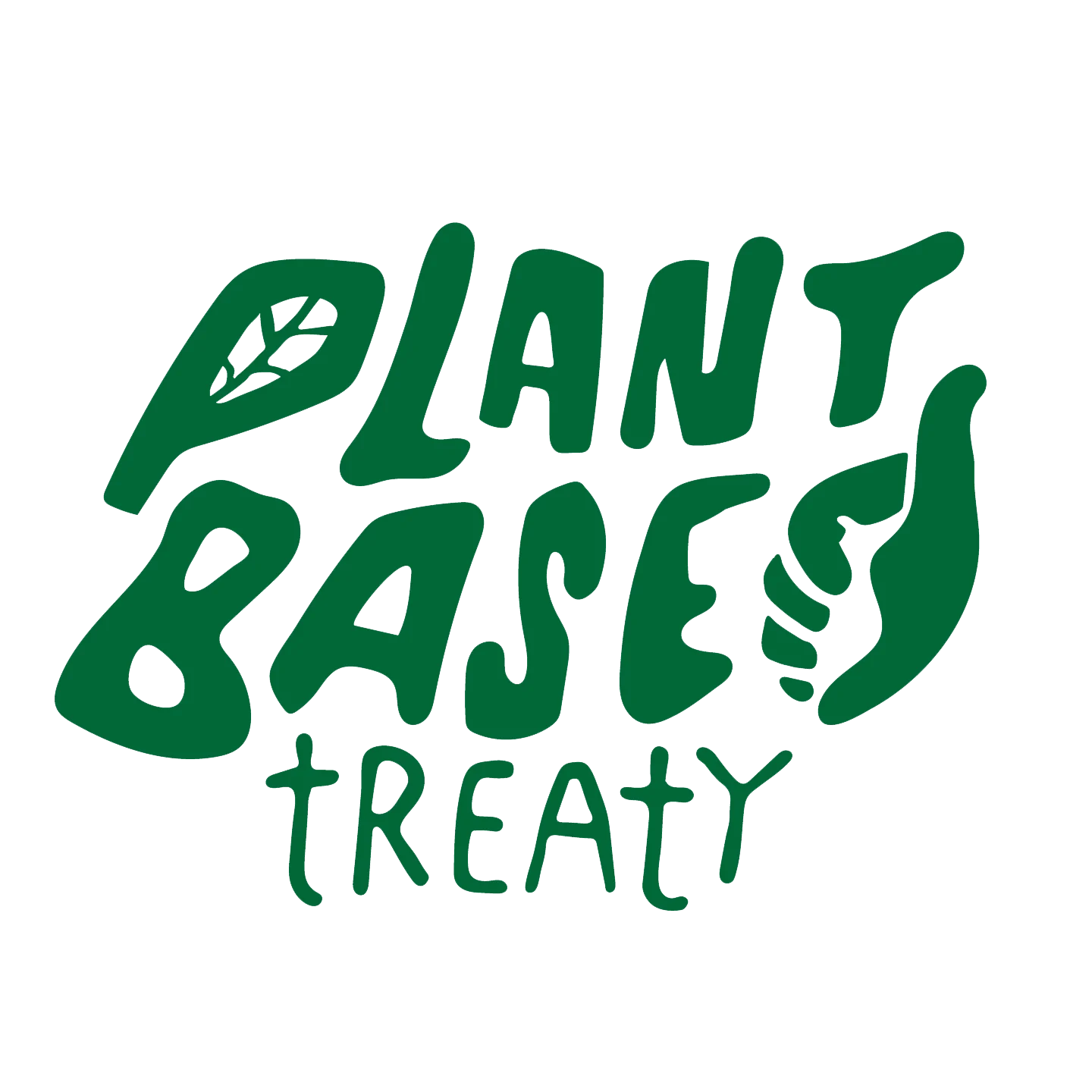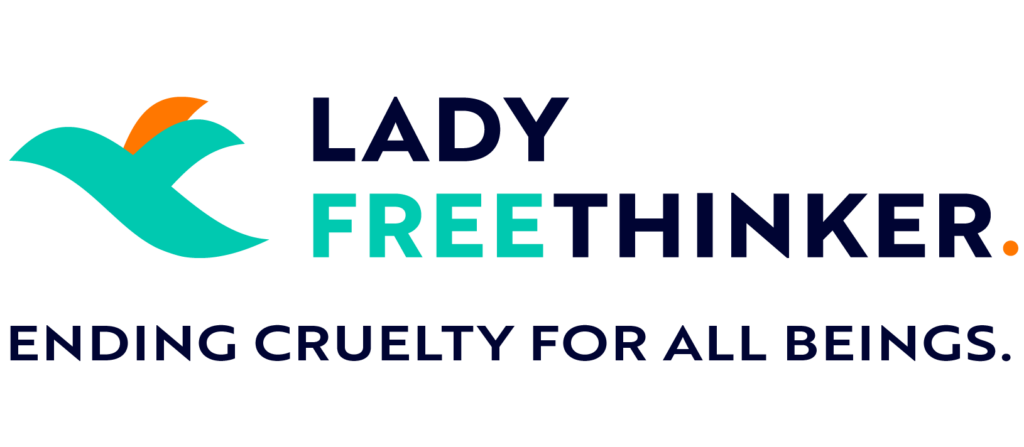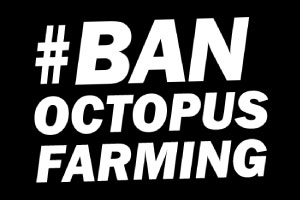World Octopus Day Letters 2023.
This page is a compilation of information for individuals and organisations that are against bringing a new species into intensive, industrial farming practices. Scientific information on this website is based on research from E Lara, J Jacquet, B Franks, P Godfrey-Smith and W Sánchez-Suárez (full reports linked below). Our collective goal is to:
We recognise that we are interconnected with nature and with each other, and what we do to the planet and its living creatures, we do to ourselves. We believe this farm is wrong for a number of reasons: its ethical implications, its environmental consequences, and its ecosystemic repercussions (to name a few). Read on to learn more about the issue.
#StopOctopusFarming
THE PROBLEM
Nueva Pescanova intends to construct the world’s first factory farm for octopuses in Las Palmas de Gran Canaria in the Canary Islands, the Spanish territory off the coast of Morocco.
Octopus has traditionally been consumed in the Mediterranean and Southeast Asia, but growing demand has put additional pressure on wild octopus populations and made food industries eager to farm octopuses in captivity.
#StopOctopusFarming
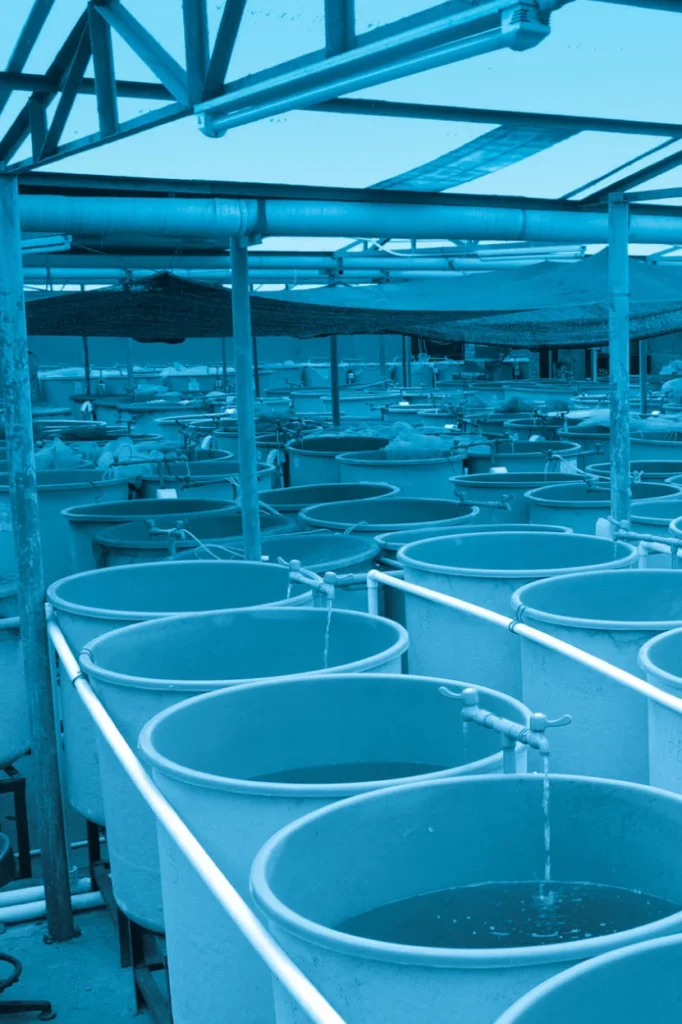
WHAT DO WE KNOW ABOUT THIS FARM?
Nueva Pescanova has been reluctant to share details about their plans for the facility, but through submitted plans and reporting we know:
The company aims to go into operation in 2023 and declared an estimated annual “output” of 3,000 tonnes of octopus “meat.”
Considering the Octopus vulgaris (the species to be farmed) weighs up to 9 kilograms – that means the slaughter of at least 300,000 captive octopuses each year.
Since maintaining ideal growth conditions in the open ocean is logistically near-impossible, they intend to raise the octopuses in tanks on land. While these tanks are more convenient for the industry, they are incredibly resource-intensive to run which raises questions about energy use and emissions. Additionally, it is unclear how the large quantities of water will be treated before being released to waterways. Finally, we don’t know if they intend to isolate octopus to restrictive, individual pipes or cram them into communal tanks; but in either case there are serious concerns about how the creatures’ welfare will be ensured.
“Opening this farm means the slaughter of at least
captive octopuses each year”
#StopOctopusFarming
“How we treat those who are at our mercy is the truest reflection of who we are as individuals, communities and nations”
Philip Lymbery, CEO CIWF
“Justice for Animals – Not Just Kindness”
8 REASONS
TO STOP THIS FARM
Drawn from “Dr. Elena Lara. (2021, October). Octopus factory farming: A recipe for disaster. In Compassion in World Farming International.” and “Jacquet, J., Franks, B., Godfrey-Smith, P., & Sánchez-Suárez, W. (2019, season-04). The Case Against Octopus Farming. Issues in Science and Technology.”
FARMING NOT VIABLE WITHOUT SUBSIDIES
With this proposed farm, Nueva Pescanova stands to profit handsomely off the backs of Spanish and European taxpayers. Dr. Elena Lara has found that for decades now, the Spanish government has used millions public money to fund research on farming octopuses in captivity — the very research that Nueva Pescanova is using to design its farm.* Furthermore, Dr. Jennifer Jacquet and her research team studied the published research on octopus farming and found that of the 219 relevant articles, the largest single funder was the European Commission (based in Belgium), with 42 mentions acknowledgements across the articles. The second largest individual funding body was the National Advisory Board of Marine Cultivation (JACUMAR) based in Madrid, Spain, with 40 mentions. Significant public money has been invested in this project, despite clear public disapproval (as demonstrated across Europe and around the world on World Octopus Day).
It’s not too late to stop octopus farming. We can make it clear to governments at all levels that we stand in opposition to this farm. As Dr. Jacquet puts it, “Nueva Pescanova does not only need permits from the government, it needs the social license to operate”. So if you are as upset about this proposal as we are, join the protests, sign the petitions, and share the message: Octopus farming is not visionary — it is unsustainable, polluting, and cruel. #StopOctopusFarming
SCIENCE AGAINST OCTOPUS FARMING
#StopOctopusFarming
“One consequence of understanding the octopus mind should be a refusal to subject octopuses to mass production. ”
Jennifer Jacquet et al, Researcher
“The octopus mind and the argument against farming it”
OCTOPUSES HAVE THREE HEARTS
YOU NEED JUST ONE TO SAVE THEM
Below are actions we've heard about
Below are links to the eight petitions we have found that have gained most traction. Consider signing them all and if we have missed an important one, let us know.
The Plant Based Treaty group has organised an e-mail action asking the government officials of the Canary Islands to refuse Nueva Pescanova’s application for an environmental permit and stop the octopus farm they have planned.
What to watch
My Octopus Teacher A Netflix original documentary (2020)
What to read
"The Soul of an Octopus: A Surprising Exploration into the Wonder of Consciousness” - Sy Montgomery
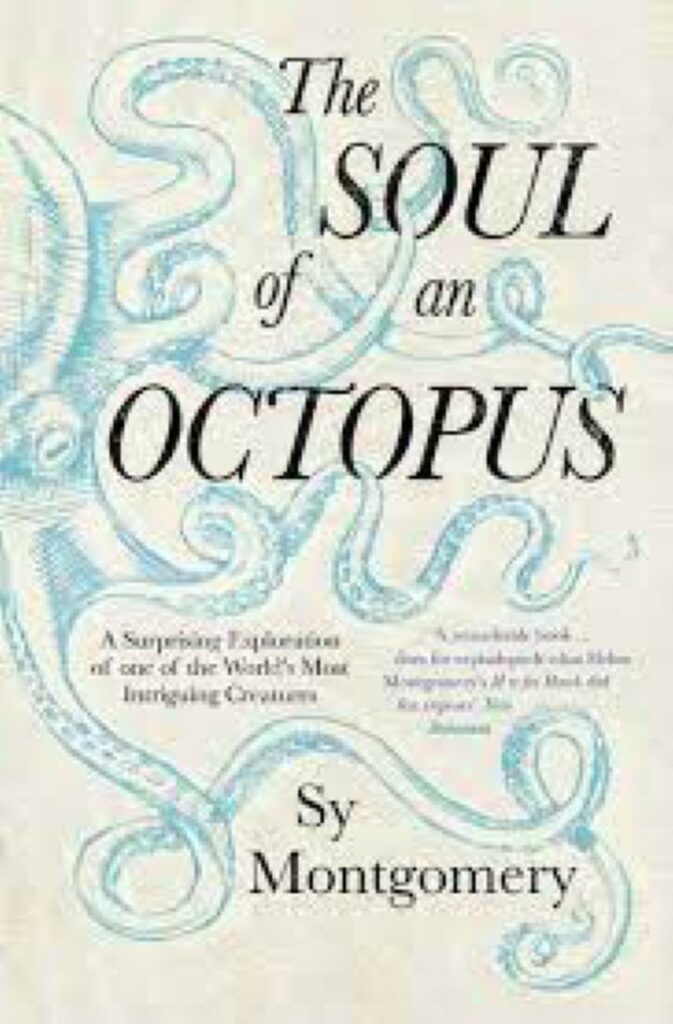
What to read
"Other Minds – The Octopus, the sea, and the deep origins of consciousness” - Peter Godfrey-Smith
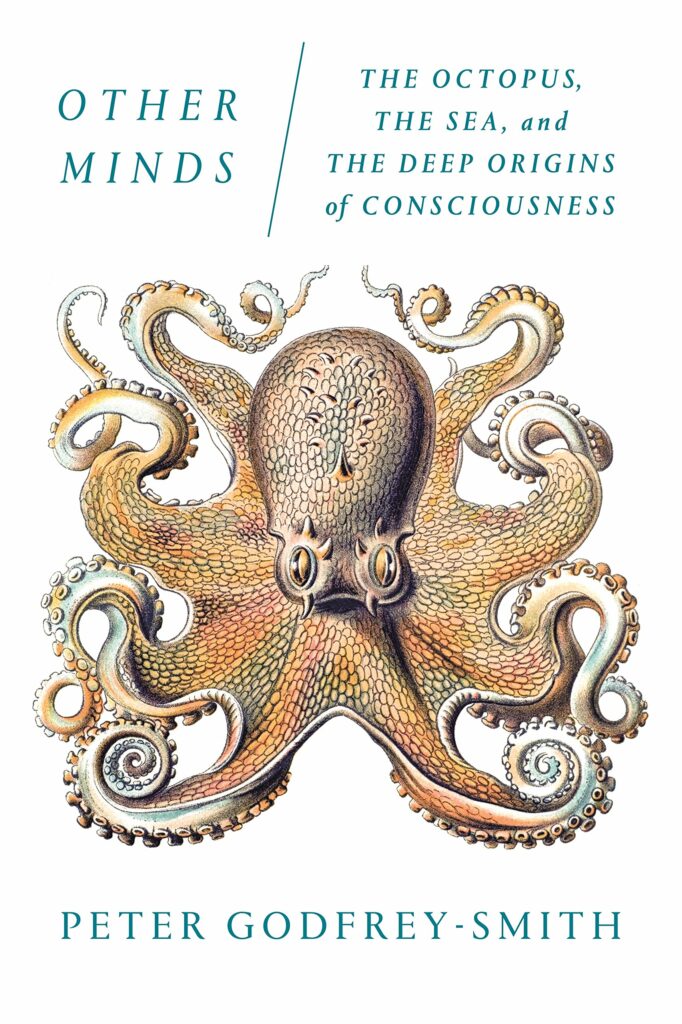
The largest Octopus Fan Club!
Pledge not to eat octopus bred in captivity in farms, or better yet, pledge not to eat octopus.
